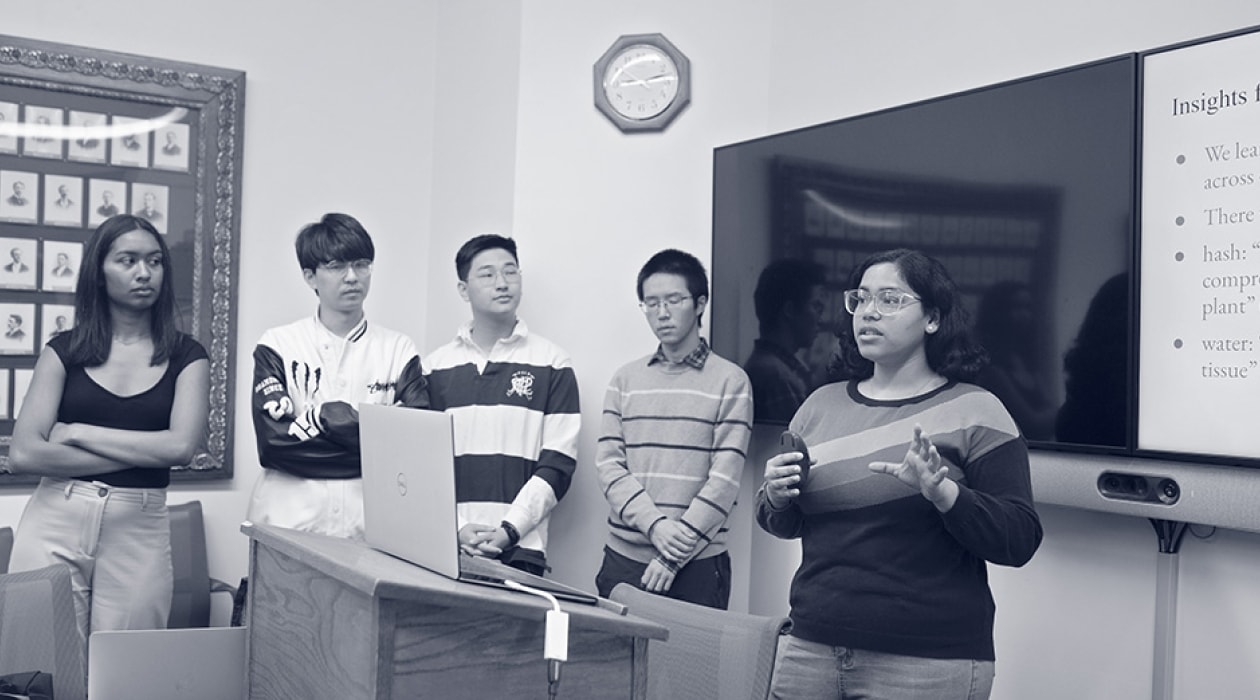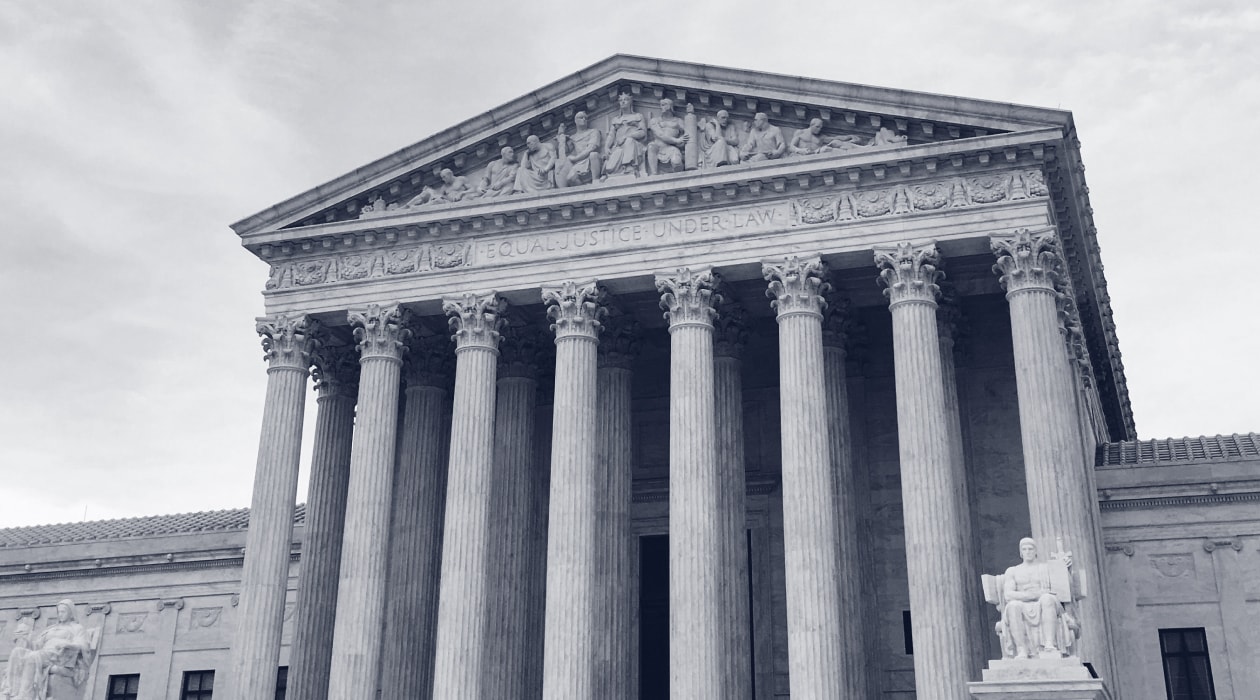
As we celebrated our 30th anniversary of providing free legal resources online, it was particularly gratifying to see the collections in which we’re investing the most resources make huge gains in usage as we continue to help people everywhere find and understand the law through our unique multidisciplinary approach.
State regulations
Our state regulations collection, made possible by Public.Resource.Org’s multi-year Code Improvement Commission project, continues with the collaboration of LII, Fastcase, Inc., Justia, Inc., and others. In the past year, more people used this collection than ever before, as evidenced by a 54% increase over FY22. We relentlessly refine our tools for ingesting, processing, standardizing, enriching, and publishing the regulations of the 50 states in a user-friendly and accessible format, while maintaining access and timely updates for an audience that visited more than 6.3 million pages in this collection. Most importantly for our effort to improve the discoverability and readability of the regulations, we worked with two teams of M.Eng. students to explore new techniques to analyze and mine the text of the regulations for legally significant features (e.g., definitions) that are not marked up explicitly in the text. These applied research projects both leverage what we have learned from our prior work with federal regulations and enable us to take in a much broader range of drafting conventions among the many agencies across the 50 states. We look forward to bringing the resulting features to the public on the LII website in the coming months.
Supreme Court bulletin

As always, the thirty-six Cornell Law students who researched, drafted, and edited our Supreme Court Bulletin Previews for the 2022 – 23 term provided the public with important analysis of the arguments made by the parties in every SCOTUS case. Unsurprisingly, the highest-profile cases yielded the most pageviews, with tens of thousands of people reading our students’ explanations of 303 Creative LLC v. Elenis, Students for Fair Admissions Inc. v. President & Fellows of Harvard College, and Counterman v. Colorado, along with others from the term such as Gonzales v. Google and Andy Warhol Foundation for the Visual Arts v. Goldsmith. The other half of our Bulletin service, where we immediately publish and circulate to subscribers all Supreme Court opinions from a direct feed from the court’s administrators, was also busy in Fiscal 23. As an interesting insight into how many news services now publish new opinions, as well as the progress the Supreme Court itself has made in publishing its own output, it’s worth noting that our most viewed opinion of FY23 was once again Roe v. Wade.
Wex
Fiscal ‘23 saw clear results from the emphasis we have placed in recent years on improving Wex, our collection of plain language explanations of legal terms and concepts. Our students have now revised or created around 5,000 Wex entries since this renovation initiative began in 2020. As a direct result, readers are finding Wex in much higher numbers than ever before. Wex usage in Fiscal ‘23 jumped to more than 25 million pageviews. The most popular Wex pages in that time were articles explaining the Second, and Fifth Amendments to the US Constitution, as well as the commerce clause, but also definitions of “contract,” “federalism,” “due process,” and “defamation.”
Women and Justice Collection
Our Women & Justice Collection (WJC), which saw a 34% increase in traffic over last fiscal year, continues to provide open access to legal resources related to gender justice from around the world. The first vetted and searchable database of its kind, the Collection hosts domestic, regional, and international caselaw, legislation, and other legal instruments. Each resource is accompanied by a plain-language, one-paragraph summary to help ensure that everyone can understand the laws that govern them. Student researchers edit summaries provided by pro bono law firm associates from two of the world’s largest law firms; translate summaries; and perform comparative law research for the Collection’s NGO partners. Project partners include the Democratic Governance & Rights Unit (DGRU) at the University of Cape Town and Cornell University’s Center on the Death Penalty Worldwide.


